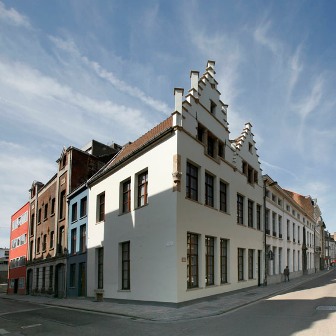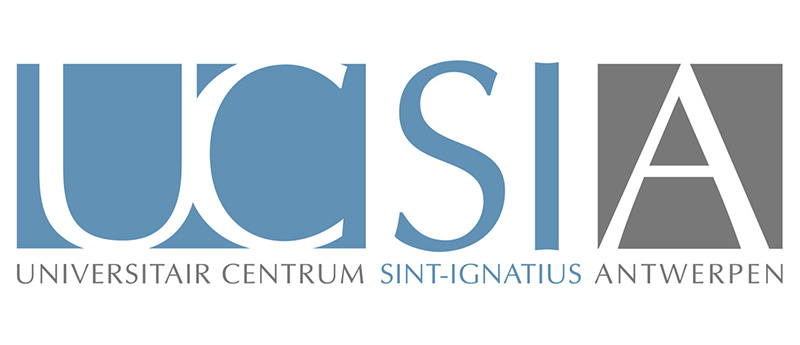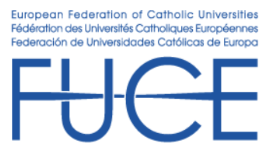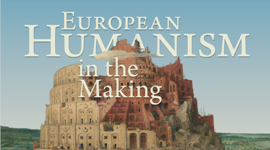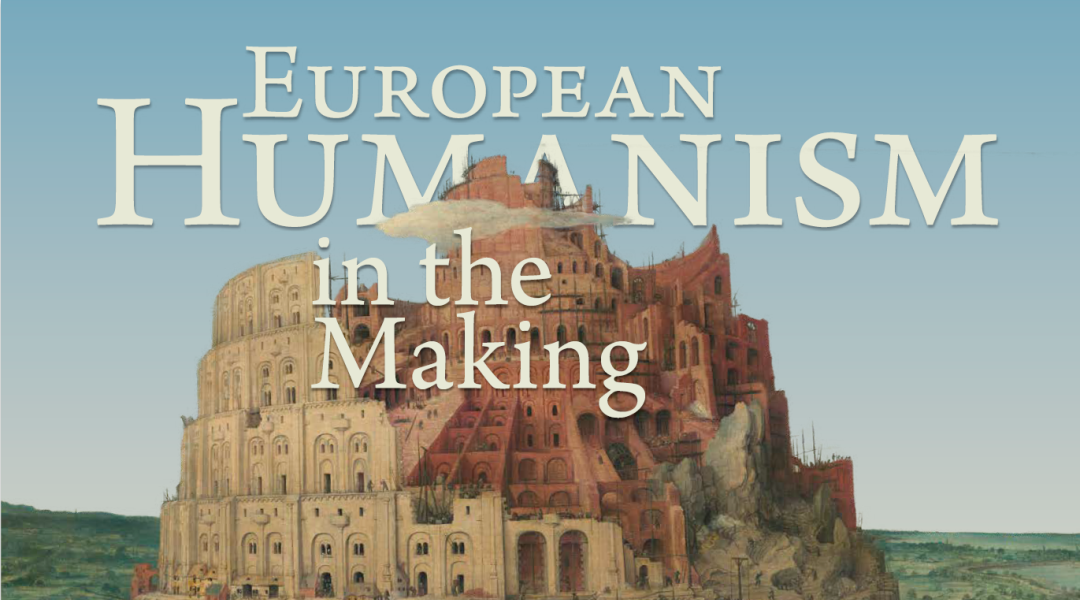
Waning Europeanness
From the Warring Totalitarian Shadows of the Past to the Illiberal Threats of the Present
FUCE Summer School webinar on 5 July 2021
This is one of the two public sessions in the framework of the second summer school of the European Federation of Catholic Universities FUCE.
Lecture by José Miguel SARDICA, Associate Professor of History at the Faculty of Human Sciences and & Institute for Political Studies of the Catholic University of Portugal.
The lecture will be introduced by Sarah Durelle-Marc, Associate Professor at the Law Faculty (FLD) of the Catholic University of Lille and coordinator of the first course of the summer school program on the contribution of history to European consciousness.
Various civilizational problems that Europe struggles with stem primarily from a lack of memory. The ‘safe haven’ that the European founding fathers built to oppose and avoid the darkest period (1914-1945) ever lived by our fissile continent has withered away, replaced by a present day much disunited Europe, pervaded by a Spengler-like feeling of decadence, which is cherished by sceptics and inflated by radical adversaries. Aged, impoverished, weakened and shaken in a world where the (so-called) ‘rest’ is challenging the ‘West’, Europe, and, above all, its moral, religious, ethical and civilizational legacy and way of living face discontents everywhere, between radical alternatives bred inside the old continent, and others, imported to, or imposed upon it.
To re-boost Europhilia against widespread Europhobia, Europeans have to reconsider anew those structural ingredients and conquests that have been the driving pillars of European life, one such pillar being humanism. However, and throughout various historical periods, it was that same humanism and, hence, the identifying consciousness of Europe, that succumbed before inhumane existential immorality, collective nihilism, extremism, violence, war, genocide, dictatorship, political and diplomatic unilateralism, crisis, poverty and desperation.
Conceived as a model of thought – and not just a static recollection of the past – and as a humanist discipline, grounded on a comprehensive value-based discourse on the human evolution, and in what that reveals about the construction and destruction of the Polis and its common good, History should be one forbearer of any present-day conscience and an open blueprint of any future to come. The aim of the lecture will be to offer an historical overview focussing on the evolution of the European 20th century, so as to reveal the way by which the historical process driving our old continent over the last one hundred years was rooted on a pendulum tension, visible or just subterranean at times, between humanism and its various enemies.
Indeed, during that time-span, Europeans experienced an age of innocence, the vertigo of the Belle Époque, until 1914; the fall, with the outburst of World War I, from 1914 to 1918; the purgatory, from 1918 to the end of the 1920s; and hell, if we add the ‘dark valley’ of the 1930s, towered by all sorts of warring totalitarian shadows, to the apocalypse of World War II. Then, they rehearsed and built resurrection, from 1945 to 1949, attaining cure, and even experiencing euphoria, all through the era of European abundance and construction, and along the following twenty years, with the third wave of democratization and the post-cold war era.
The running 21st century, witnessing the international financial crisis, the impasses of continental federalism, the dangers of populism, terrorism, xenophobic nationalism and crowds unrepresented by regular democratic party politics, and the present pandemic uncertainty, has paved the way for a new era – fuelled by various shades of illiberal threats and strained by an open conflict of Euro scepticism versus Euro optimism. Reflecting on when, where, how and why humanism ruled or was overridden by its enemies during the sinuous 20th century, and how it is being menaced nowadays, this lecture aims to reinforce the value and the central place of humanism in European identity, as an antidote against the very waning of Europeanness in our present times.
José Miguel Sardica is an historian and associate professor with aggregation at the Faculty of Human Sciences and at the Institute for Political Studies of the Catholic University of Portugal. He is also member of the Board of the Scientific Society of the Catholic University of Portugal, Deputy Director of the Inter-University Doctoral Programme in History (PIUDHist), senior researcher of the Research Centre for Communication and Culture (CECC), and consultant for the CRC-W and the Research Centre for Religious History (CEHR) of the Catholic University of Portugal. He writes a column for Rádio Renascença (the Portuguese catholic radio network) and is guest to television and radio programs for comments on historical and current issues. His research and teaching areas are dedicated to 19th and 20th century Portuguese and international history in the political, cultural and intellectual/media fields, lecturing Contemporary History, Global History: War, Politics and Society in the 20th Century and Comparative European History in different BA’s, MA’s and in the Ph.D Courses of History or Culture Studies. He is author (together with other colleagues) of ‘War Hecatomb. International Effects on Public Health, Demography and Mentalities in the 20th Century Conflict’ (Peter Lang, 2019) and ‘Memory Transfers and the Reshaping of Europe’ (Cambridge Scholars Publishing, 2010).
Sarah Durelle-Marc holds a PhD. in European Law with honours (2011) and an LL.M in European Law (1999) from the University of Rennes. She is Associate professor at the Law Faculty (FLD) of the Catholic University of Lille (UCL). She teaches about Constitutional Law, European Institutions and European Policies at the FLD and parliamentary institutions in the European Union at IEP of Lille. She is the head of the Law and Political Science Bachelor’s program at the Law Faculty. She is Assessor to the Dean in charge of Academic Affairs. She is also a member of the DISE Chair – Law and best interests of the child (UCL), a member of C3RD – Centre de recherche sur les relations entre le risque et le droit (FLD, UCL) and an associate Member of IODE – Institut de l’Ouest: Droit et Europe, Faculté de Droit et de Science politique (University of Rennes).
Partner
Related events
FUCE
European Federation of Catholic Universities
European Humanism in the Making
FUCE Summer School
5-9 July 2021
*** new date ***
MYEurope
FUCE Summer School Webinar
8 July 2021
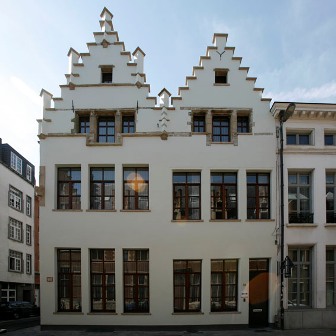
UCSIA
Koningstraat 2
B-2000 Antwerpen
info@ucsia.be
Tel. +32 (0)3 265 49 60
Voorlopige locatie tijdens de renovatiewerken:
Blindestraat 14, 2000 Antwerpen
